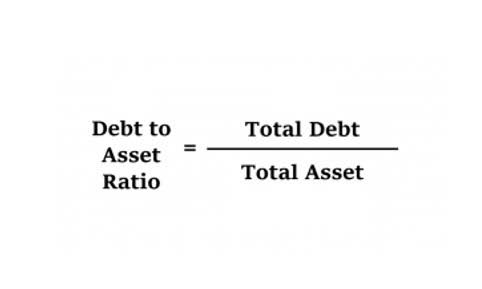
However, you could start by checking out two of the top-rated courses, Gleim EA vs Surgent EA. So, if you start with the CPA Exam and struggle with REG, you can temporarily change course by sitting for the EA exam, passing it, and earning your EA title. Then, you can apply what you learned from the EA exam to the REG section of the CPA Exam. The IRS hasn’t set any prerequisites for taking the EA exam (e.g., education or experience). However, passing the exam is easier if you do have previous tax experience.
CPA Continuing Education:
In fact, enrolled agent status is the highest credential awarded by the IRS. On the other hand, certified public accountants are licensed by their applicable state boards of accountancy. By preparing individual or bookkeeping business taxes you’ll get real world experience helping tax clients with some of the more common problems they face. Fresh entrants in Enrolled Agent (EA) jobs can earn 6 to 8 lakhs, while experienced professionals make up to 15 lakhs, with even higher salaries in Big 4 firms.

Steps to Earn the IRS Enrolled Agent Salary
So, to determine how lucrative a career as an Enrolled Agent can be, use this information to learn more about the Enrolled Agent salary. No matter which career path you decide to take, you’ll be an elite professional in the field of accounting. Weighing every factor, such as salary, lifestyle, and adherence to your personal values will help you make the right enrolled agent salary choice for a career that provides both comfort and fulfillment. There is no specific education or work experience requirement, although candidates should have well-established tax knowledge before taking the exam. As you may recall, the EA exam has one fewer part (three total) than the CPA Exam (four).
What are the main differences in job roles between an Enrolled Agent and a CPA?
- We might earn a commission if you make a purchase through one of the links.
- The less time you take to get the designation, the sooner you and your clients can enjoy your improved status with the IRS.
- In order to get the CPA license, you must have 2 years of relevant experience and pass the ethics exam.
- Finally, once you pass the EA exam and are ready to submit your application, you’ll have to pay the IRS $140 to complete the enrollment process.
- This versatility allows CPAs to work in various industries and positions, offering greater career flexibility.
- CPAs can only practice in the state they are certified in, while EAs can practice in all 50 states because their license is awarded at the federal level.
Enrolled agents are more specialized than CPAs, as their professional skills center on taxes for individuals and businesses. The federal government oversees the licensing of EAs and with this title, EAs can represent clients before the IRS. Almost every aspect that relates to taxes can be handled by an EA, from estate taxes and retirement taxes to corporate taxes. EAs can represent individuals and businesses with the IRS if they are facing an audit. EA credentials are awarded by the IRS and are effective in every state. Another professional certification course is the Enrolled Agent course.
Representation, practices, and procedures

The 150 semester hours in a bachelor’s or master’s program plus the additional work experience of 1-2 years and an 18-month testing window means that your CPA journey will be a long one. You don’t need a degree, formal finance, or accounting education background to be an EA. If you https://www.bookstime.com/ are a tax professional, then develop your profession in accounting by understanding the difference between CPA and EA.
- However, they do not require the permission of the state board or any license from them to operate.
- If you are thinking to pick the first option and choosing some effective enrolled agent course programs is also plays a crucial role to foster becoming an enrolled agent goal.
- When deciding between working with an EA or a CPA, you can rest assured that both types of professionals are well-trained.
- Many CPAs start out in audit firms, but as they accumulate experience, they can launch their own CPA firms and have their own clients.
- EAs can take on their own clients immediately, which gives them the flexibility to choose their working conditions.
- If you’re thinking about committing to the CPA course, make sure to review all CPA course details first.
- If you pursue the enrolled agent designation via the EA exam, you don’t have to meet an experience requirement.
In terms of job prospects, both professions are expected to experience strong growth over the next decade. There are many reasons why an individual or organization may need a CPA, but if the client requires specific tax-related services, hiring an EA makes sense. CPAs can work in a traditional office setting in a public accounting firm or corporation and typically have specific working hours. Like EAs, they can also open their own practices to handle their own clients.

What is a Certified Public Accountant?

After passing all four sections, you qualify to become a CPA. A wide range of roles and handsome salaries are offered based on your experience and skills. Unlike CPAs, EAs can’t certify financial statements and provide public accounting outside of tax, which limits their ability to work in a broader capacity.
Expert recommendation: https://sex.intim-moskva.one/metro-begovaya
